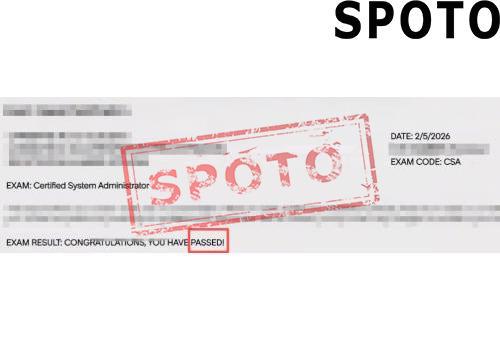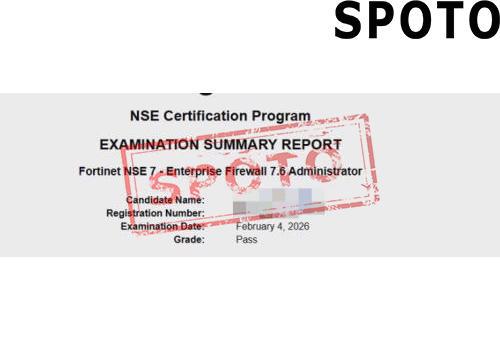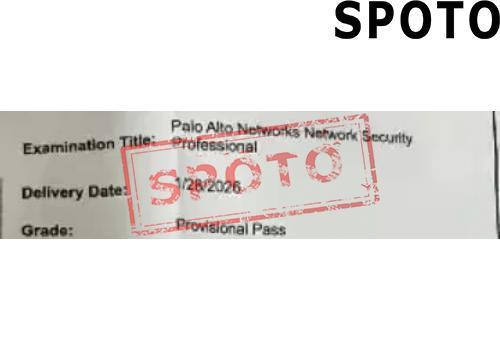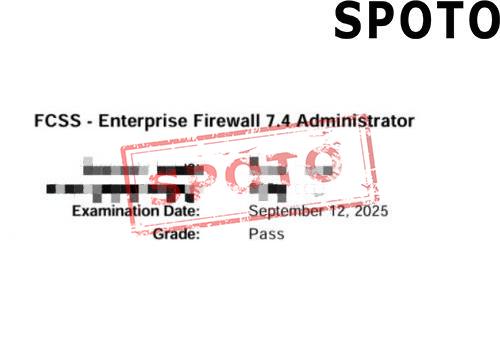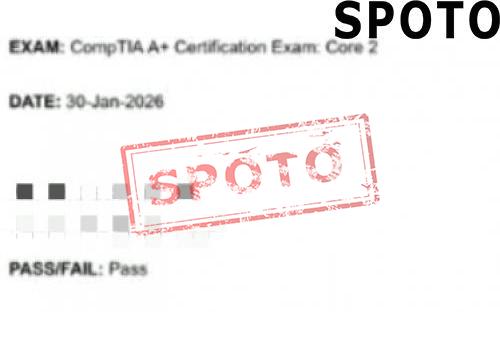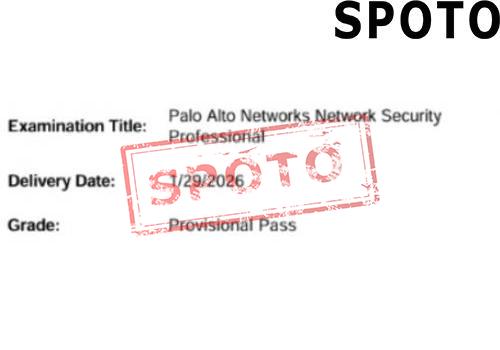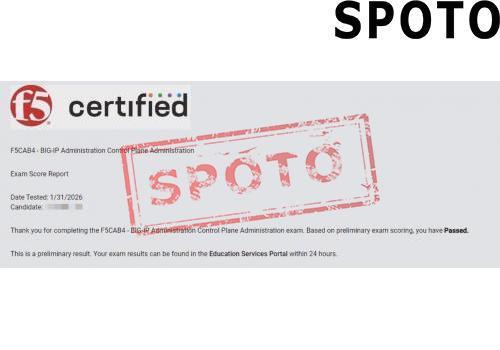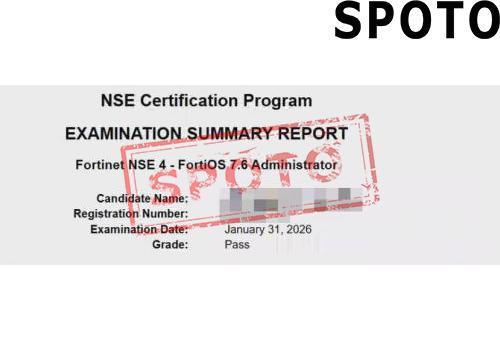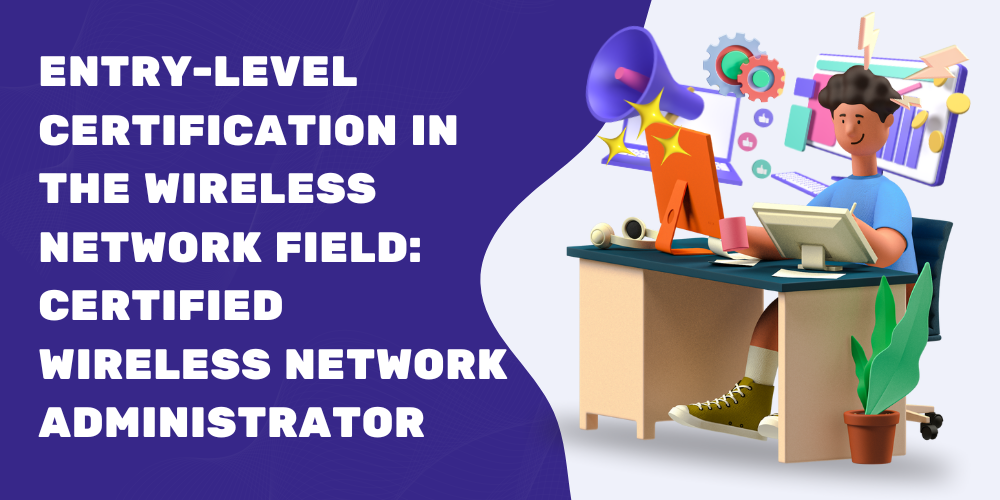
Table of Contents
- 1. Introduction to the CWNA certification
- 2. The Rewards of Being a Certified Wireless Network Administrator
- 3. Core Components of the CWNA Certification
- 4. What are the requirements to be a Certified Wireless Network Administrator?
- 5. Comparable Certifications to Certified Wireless Network Administrator Certification
The Certified Wireless Network Administrator is an entry-level certification in the field of wireless networks that focuses on both fundamental theory and practical skills.
1. Introduction to the CWNA certification
Certified Wireless Network Administrator (CWNA) is an entry-level authoritative certification in the field of wireless networks launched by the Certified Wireless Network Professional (CWNP) organization. It focuses on verifying practitioners' theoretical and practical abilities in core technologies, planning and deployment, configuration management, performance optimization, and basic security of 802.11 wireless local area networks.
CWNA is the cornerstone of the CWNP certification system, aimed at cultivating professional talents who can independently complete the full lifecycle management of small and medium-sized wireless networks. It is a core professional credential for entering the fields of wireless network operation and technical support.
With the popularization of Wi-Fi technology, the demand for stable and efficient wireless networks in enterprises, campuses and other scenarios has surged, requiring professionals to solve core issues such as signal coverage, interference investigation, connection stability, and security protection.
The core of CWNA certification is to cultivate "practical wireless network infrastructure builders and managers," rather than simply "theoretical researchers." The certificate holder needs to master the core principles of the 802.11 protocol family, be able to plan wireless network architecture according to scenario requirements, complete AP deployment, channel configuration, user access management, troubleshoot common faults, and ensure that the wireless network meets business usage requirements and complies with basic security specifications.
When building wireless networks for small businesses, CWNA licensees will first conduct on-site surveys to plan the deployment locations and quantities of APs; Docking with enterprise authentication servers to enable employee account login; View AP load and signal strength through wireless monitoring tools, optimize channel and power configuration; When employees provide feedback on Wi-Fi disconnection, they can quickly identify whether it is signal interference, AP failure, or configuration issues and fix them.
2. The Rewards of Being a Certified Wireless Network Administrator
CWNA is a globally recognized wireless network infrastructure certification, highly recognized among network equipment manufacturers, system integrators, and enterprise IT departments When recruiting for junior wireless operation and technical support positions, they are often listed as a "priority condition." It is difficult for uncertified individuals to pass the resume screening process, especially in formal enterprises where their advantages are significant.
CWNA is the starting point of the CWNP certification system. After passing it, one can seamlessly advance to learn advanced certifications such as CWSP, CWDP, CWAP, etc., gradually growing into an expert in the wireless field with a clear career development path.
CWNA certification covers wireless basic theory and practical skills, proving the ability to independently build and manage small and medium-sized wireless networks. Enterprises can directly arrange for certified personnel to participate in wireless projects without extensive pre job training, and they can quickly get started with work after joining.
3. Core Components of the CWNA Certification
For practitioners who aspire to become wireless network professional engineers and hope to master the core knowledge and practical skills of Wi-Fi technology, CWNA certification is recognized as a professional cornerstone in the industry.
As a core level in the CWNP certification system, CWNA focuses deeply on the "full lifecycle management" of 802.11 wireless LANs, aiming to comprehensively verify your comprehensive capabilities in designing, deploying, optimizing, protecting, and troubleshooting enterprise level Wi-Fi networks
The basics of wireless radio frequency and the 802.11 protocol are the language for understanding all wireless technologies. You need to have a deep understanding of radio frequency propagation characteristics, power unit conversion, and interference analysis, and be familiar with the protocol evolution from Wi-Fi 4 to Wi-Fi 6/6E, as well as key technologies such as OFDM and MIMO, to lay a solid theoretical foundation for subsequent engineering practice.
An excellent network begins with excellent planning. You will learn how to conduct on-site surveys based on business needs and develop deployment plans that balance coverage and capacity.
The wireless network configuration and management module focuses on the daily operation of the network. You need to understand the architecture differences between fat APs and thin APs, master the configuration of SSIDs, VLANs, and fast roaming protocols, and be able to implement complex 802.1X enterprise authentication from simple PSK to ensure network usability and security.
Optimization is key after network deployment. You need to master how to optimize signal coverage and network capacity by adjusting AP power, antenna selection, and load balancing. At the same time, it is necessary to be able to configure QoS policies to ensure user experience for real-time applications such as voice and video.
Security is the lifeline of wireless networks. You must be proficient in the security differences of encryption protocols such as WPA3, able to configure powerful enterprise level authentication, and implement a series of protective measures such as disabling WPS and configuring ACL to resist common attacks such as network scraping and pseudo AP.
4. What are the requirements to be a Certified Wireless Network Administrator?
(1) Qualification prerequisites:
Certified Wireless Network Administrator (CWNA) Certification does not require mandatory educational qualifications or experience, making it suitable for individuals with zero foundation or limited wireless practical experience.
(2) Training and examinations:
Certified Wireless Network Administrator (CWNA) includes a total of 70 multiple-choice questions. The exam lasts for 90 minutes, with a maximum score of 1000 points, and passing with a score of 700 or above.
The exam fee is approximately $250, with a global uniform price and slight differences in tax fees in different regions.
(3) Qualification maintenance:
The Certified Wireless Network Administrator (CWNA) certificate is valid for 3 years. During the validity period, you need to pass any advanced certification exam within the CWNP system or retake the current CWNA exam to extend the certificate's validity.
5. Comparable Certifications to Certified Wireless Network Administrator Certification
- Certified Wireless Technology Specialist (CWTS)
- Certified Wireless Security Professional (CWSP)
- Aruba Certified Mobility Associate (ACMA)
